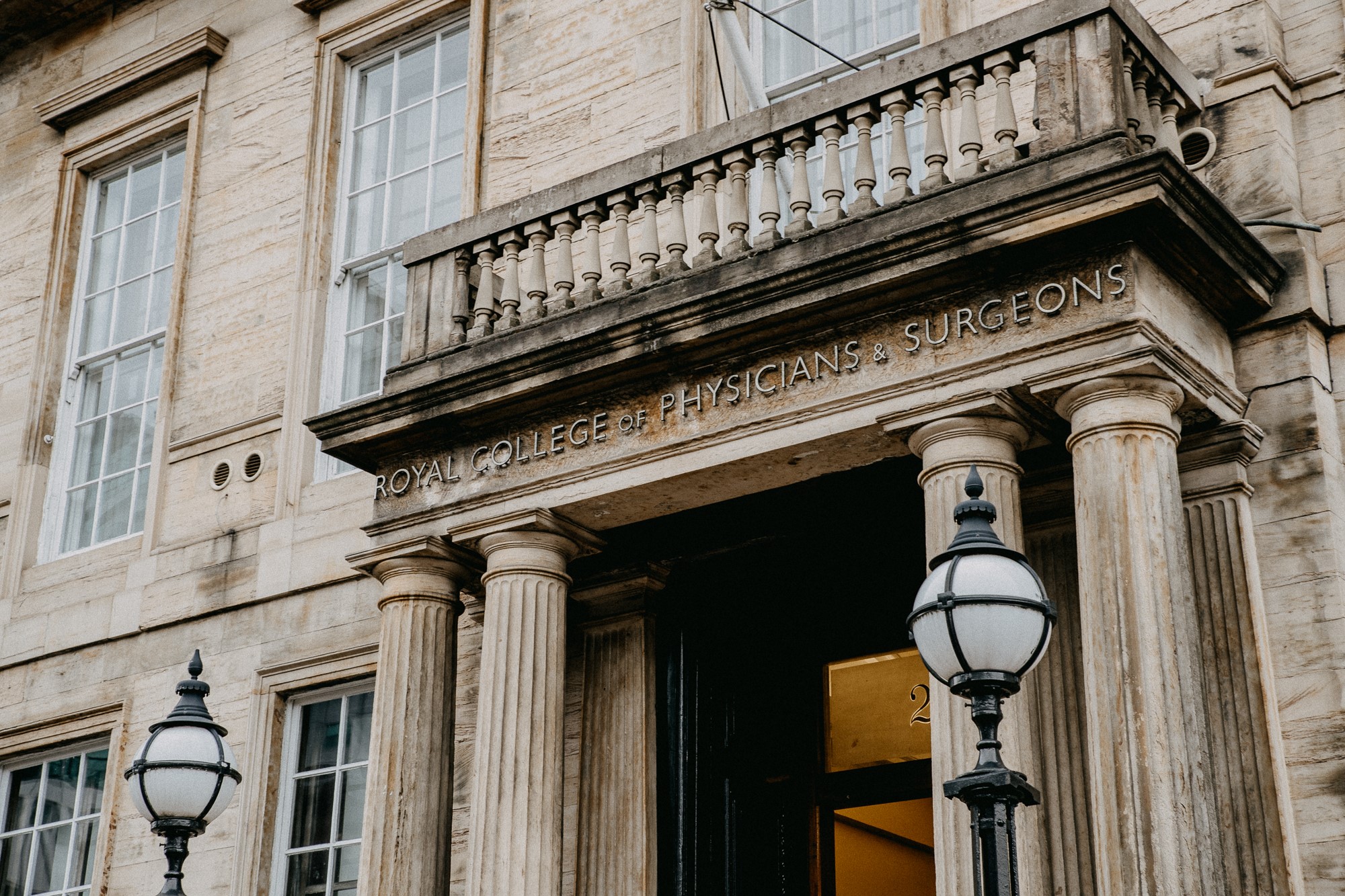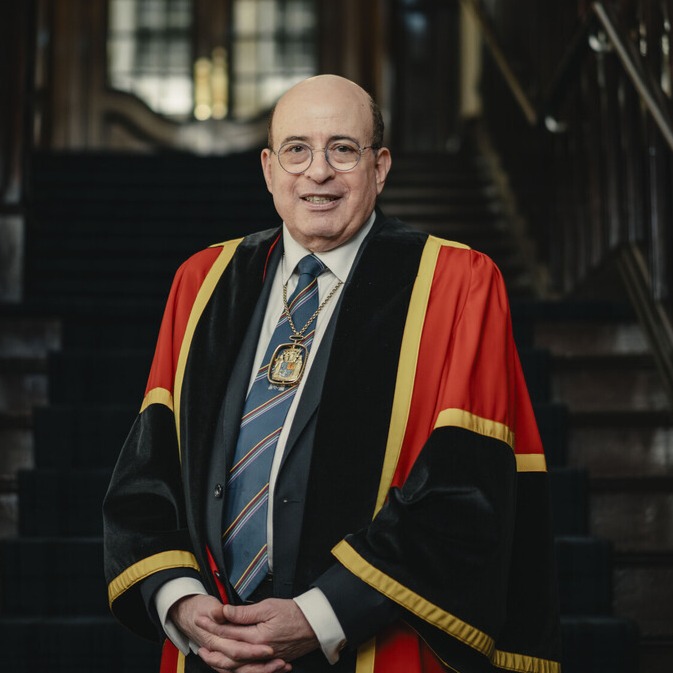As President of the College, I carry a deep responsibility to represent our professions, drive improvements in patient care, and shape the future of healthcare. My work here is directly informed by my ongoing experiences as a frontline consultant interventional cardiologist in Glasgow.
I had a sage reminder of the power of community last month when the hospital received an emergency call from the Scottish Ambulance Service. A 67-year-old man from the southeast of England, here on a hillwalking holiday, had collapsed while hiking on Conic hill in Balmaha. His daughter, who was accompanying him, immediately recognised the gravity of the situation — her father had suffered a cardiac arrest.
Drawing on her experience in St Barnabus hospice care support, she initiated CPR without hesitation, delivering vital chest compressions while his wife called 999. Meanwhile his daughter sent her 14-year-old son to notify the nearby visiting centre. Now equipped with a defibrillator, he led staff to his grandfather to provide initial shocks until the rescue team arrived.
Patient and his family
Patient hillwalking with his daughter and grandson in Balmaha.
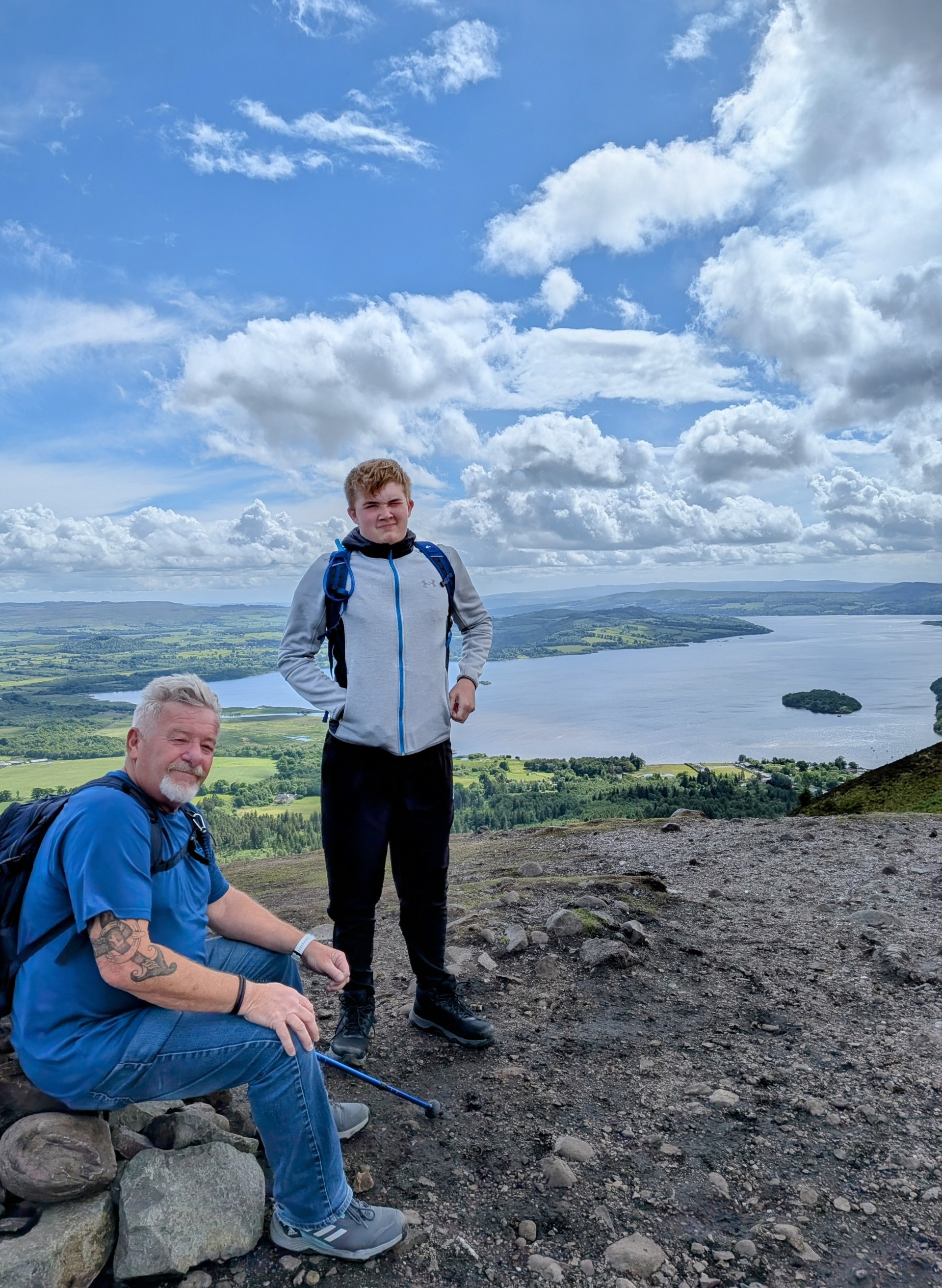
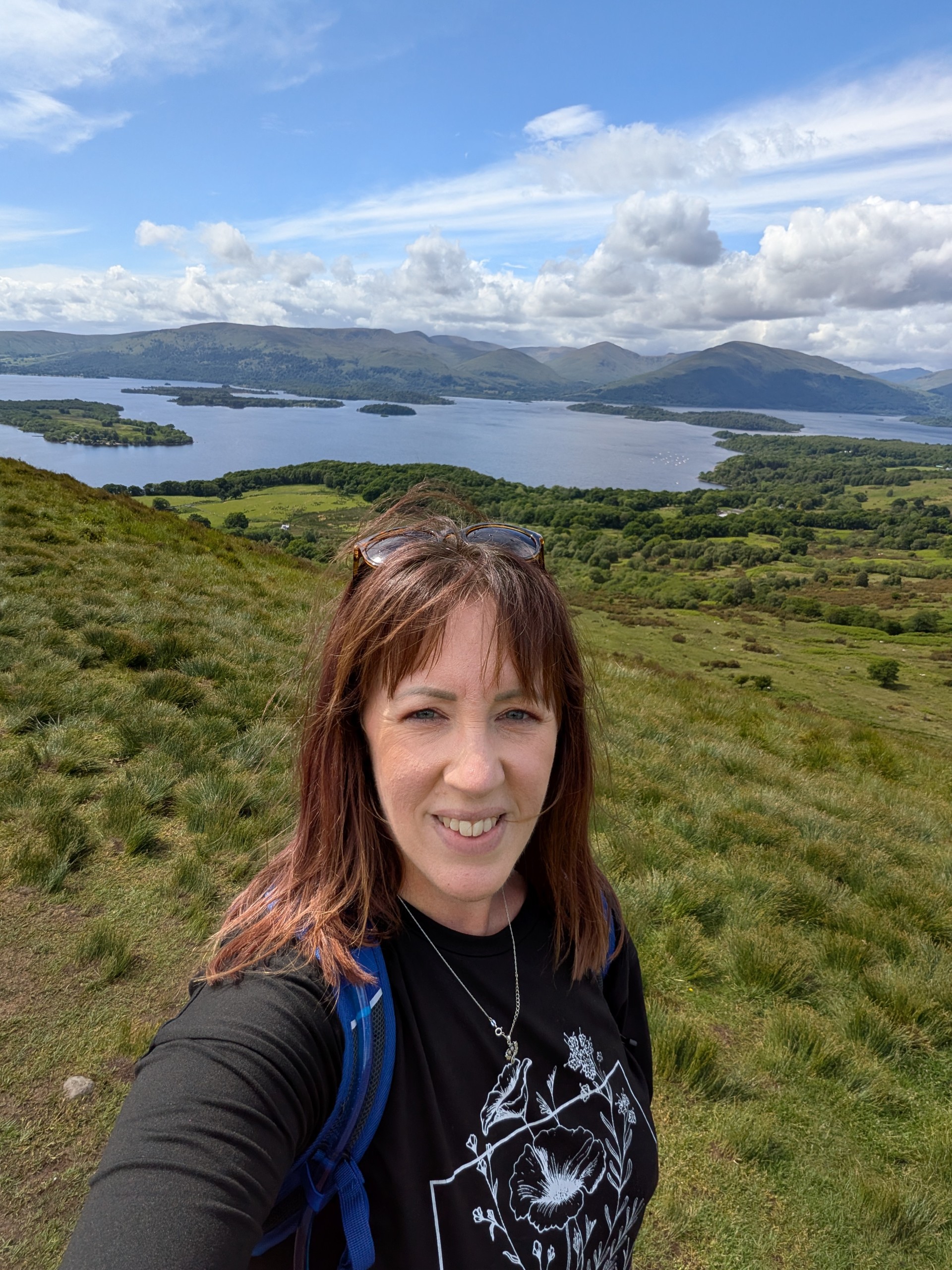
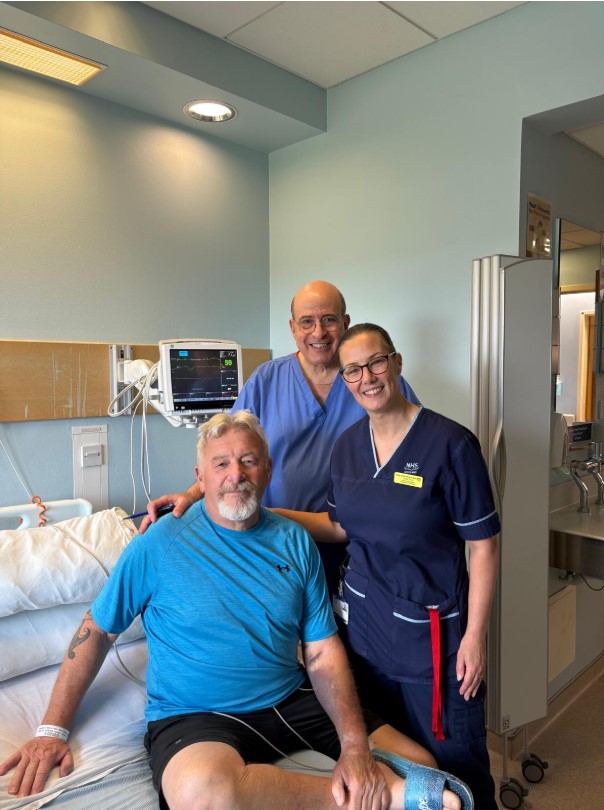
We were ready. Our cath lab team — nurses, physiologists, radiographers, and doctors — met him on arrival. He was critically unwell, his heart rhythm was unstable, blood pressure dangerously low, clearly in cardiogenic shock. We moved fast. Angiography confirmed a total occlusion of a major coronary artery. A stent was inserted, to preserve his heart function and save his life. His condition stabilised but he remained in a critical condition. He was transferred to the coronary care unit for close monitoring and further treatment.
Over the following days, with expert multidisciplinary intensive care, his heart began to recover. He was gradually mobilised and eventually, he was discharged home — alive, grateful and walking again While our team at the hospital delivered the gold standard emergency intervention that saved his heart, the true hero of this story was his daughter. Her immediate, effective CPR bought time. It maintained blood flow to the brain — the single most important factor in surviving an out-of-hospital cardiac arrest with good neurological outcome.
Why this matters
In the UK, more than 30,000 people suffer out-of-hospital cardiac arrest every year, most commonly due to heart attacks. Fewer than 10% survive to hospital discharge. In some Scandinavian countries, however, survival rates may exceed 25%. What makes the difference? One key factor: early effective bystander CPR.
As President of the College, I’m working to explore how we can embed lifesaving skills in communities and schools, just like we’ve seen in countries with better survival outcomes. As clinicians, we know anyone has the power to save a life with this vital skill. I’d encourage you to share RevivR, an online course by British Heart Foundation. It’s free and can be completed easily from home in just 15 minutes. As health professionals, we can play an important role in helping our local communities to develop the skill and confidence to perform this life-saving intervention.
This story — real, recent, and personal — reinforces why that work is so important. Behind every statistic is a life, a family, a chance to make a difference. We owe it to our patients, and to future generations, to give them every possible chance of survival.
Let’s empower them to save lives — one compression at a time.

